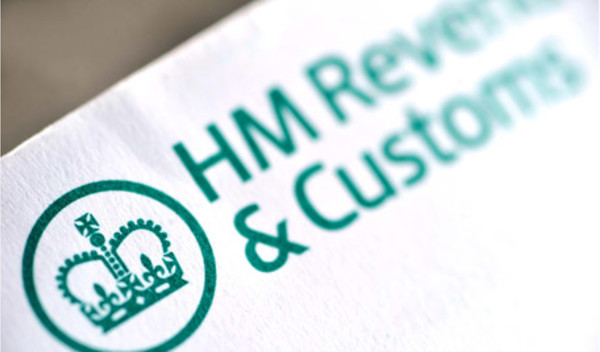

Last month HMRC published proposals which could mean advisers have to pay a penalty of up to 100 per cent of the tax owed if they are proven in court to be involved in a tax avoidance arrangement.
Addressing the Treasury select committee this morning (6 September), Bill Dodwell, head of tax policy at Deloitte and president of the Chartered Institute of Taxation, said legitimate firms could be put out of business by this move.
He said: “Our initial view is that the net has been cast too wide. The financial secretary (Jane Ellison) said there is still a minority of people promoting things. We understand that and don’t have an objection to targetting that minority.
“If changes are not made we are worried about whether all the advisers in the country who try and give honest advice on the law would be able to continue in practice given the scale of potential penalties if they were to get it wrong.
“If you have 300 individual bits of law any one of which could trip you up then just in the context of giving normal commercial advice we think people could come in the ambit of that.”
He added that the penalties advisers could face are “out of all proportion” to the gains advisers might make.
In response, Labour MP Helen Goodman said the firms which might go out of business might be promoting tax avoidance so she “would like them to go out of business”.
Mr Dodwell agreed there might be firms which should go out of business but he pointed out legitimate ones could also be affected.
The committee was also told that HMRC should learn from the roll-out of auto-enrolment in its bid to make the tax system digital.
By 2020 HMRC has said it wants to move to a digital tax system for businesses and individual taxpayers.
Last month it published a consultation on some of its proposals, which include allowing landlords and sole traders to use a voluntary pay-as-you-go tax system from April 2018.
Landlords or unincorporated businesses, such as sole traders, partnerships and associations that earn more than £10,000 a year will face new digital record keeping and quarterly return rules.
The panel of experts and small business owners before the Treasury select committee today (6 September) expressed concerns about the impact these requirements could have.
Toby Parkins, founder and director of Headforwards and UKNetWeb, said HMRC should learn from the roll-out of auto-enrolment.
He suggested starting with the larger businesses and become smaller and smaller.
Mr Parkins said: “The challenges that the pension providers have been overcoming over the past five years, that experience is being used to provide an easier solution for smaller businesses.
“You might want to stage that threshold so that it starts at £10m, £1m and then £250,000. By testing this out you will find out if a business of £250,000 turnover incurs so much cost you don’t want to bring it any lower.
“Doing it in a stage by stage process means you will get it right.”



